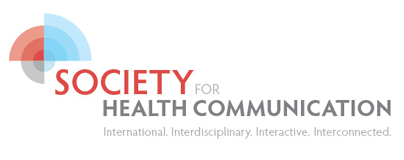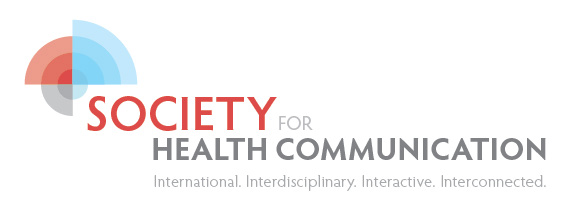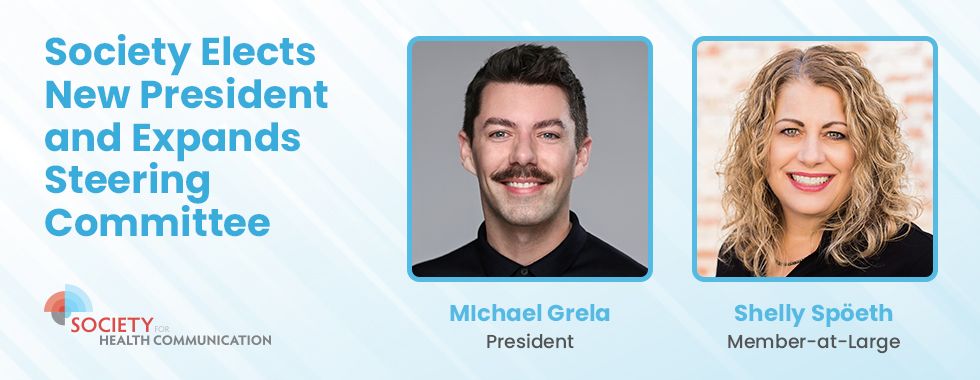Special Issue Release
Journal of Health Communication Publishes Inaugural Society for Health Communication Special Issue
Issue highlights insights from health communication campaigns and seeks to increase access to critical health communication research, science, and practice
Austin, TX and New York, NY (April 7, 2025) – The Society for Health Communication and the Journal of Health Communication at the CUNY Graduate School of Public Health and Health Policy (CUNY SPH) have published its inaugural special issue: Successes and Failures: Everything We Learned from Health Communication Campaigns and Programs. It includes nine peer-reviewed research papers from health communication programs in the U.S. and around the world, featuring insights from the consequences of campaigns, studies with innovative and/or robust evaluations that yielded less than desirable results, and lessons learned from crisis communication efforts. The entire special issue is being provided free to view for the next 30 days by Taylor & Francis.
“This inaugural special issue is the result of an official collaboration forged in 2024 between the Society and the Journal and follows an open call for papers,” says Dr. Scott Ratzan, the Journal’s founding editor-in-chief and distinguished lecturer at CUNY SPH. “We welcome all readers to engage with the Journal and Society through this special issue as we advance application of effective, quality health communication that impacts people globally.”
The special issue spotlights the scientific process and how scientists rigorously documented health communication failures, mistakes, and lessons learned to affect people’s health knowledge, beliefs and behaviors. The issue offers evidence across three broad themes including making sense of scientific failures to find communication effects; existing evidence on how emotion and other factors can condition effects; and lessons learned about how campaign development and evaluation shapes our understanding of what constitutes useful health communication activities.


 Educating clinicians on the latest government clinical guidance has been an important way for Federal agencies to ensure healthcare providers adopt evidence-based best practices. Medscape Education has been developing and delivering accredited education programs for CDC, NIH, FDA, and other HHS agencies for over ten years. Following significant investment in proprietary technologies and methodologies, Medscape Education has redefined its strategies for identifying, engaging, delivering, and measuring accredited educational activities. The groundbreaking approach drives precision targeting, guaranteed reach, and a true public health impact.
Educating clinicians on the latest government clinical guidance has been an important way for Federal agencies to ensure healthcare providers adopt evidence-based best practices. Medscape Education has been developing and delivering accredited education programs for CDC, NIH, FDA, and other HHS agencies for over ten years. Following significant investment in proprietary technologies and methodologies, Medscape Education has redefined its strategies for identifying, engaging, delivering, and measuring accredited educational activities. The groundbreaking approach drives precision targeting, guaranteed reach, and a true public health impact.
